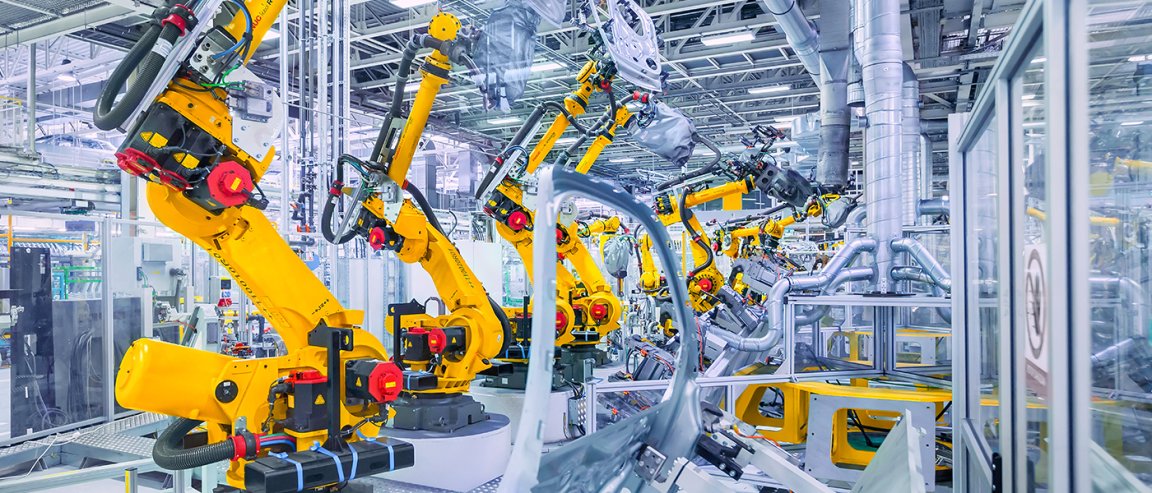
Fast Food Automation
How will technological innovation shape the future of the workforce? According to Greg Creed, the CEO of Yum Brands, the parent company of popular fast food chains like Pizza Hut, KFC, and Taco Bell, automation could replace humans in the food industry by the mid-2020s.
Creed shared this prediction in an interview with CNBC:
I believe, having listened to people in the artificial intelligence area — and we’re starting to work with them in that area — I think [50 to 100 years] is way too long. I think it’s going to happen — I don’t think it is going to happen next year or the year after, but I do believe that probably by the mid ’20s to the late ’20s, you’ll start to see a dramatic change in sort of how machines sort of run the world.
But that’s not to say that humans will be completely obsolete. “We don’t make a lot of things until customers order,” explained Creed. “I’m not sure we’re going to have robots replace people.” That said, he notes that the rise in automation today marks “the beginning of robotics […] but I don’t see it wholesaling — the wholesale sense changing people’s jobs in the short-term.”
In contrast, U.S. Treasury Secretary Steven Mnuchin says that automation isn’t an imminent threat to American jobs. He notes that he’s “not worried at all” about machines displacing human workers and that artificial intelligence (AI) taking over jobs won’t happen for another 50 to 100 years.
Widespread Impact
Right now, several blue-collar industries are already feeling the effects of automation. For instance, the Rio Tinto mining company has already deployed a fleet of 73 self-driving trucks that haul payloads at a cost 15 percent less than those operated by human drivers. In developing nations in Southeast Asia, where 137 million people depend on manufacturing jobs as their main source of income, a study notes that many workers are in danger of being replaced by automated systems in the next 20 years.

While its impact on white-collar jobs isn’t currently quite as pronounced, experts believe that automation will have significant implications within several of those industries as well. A report from Deloitte Insight states that an estimated 114,000 jobs in the legal sector have a high chance of being replaced with automated machines and algorithms within the next two decades.
These predictions are premised on the fact that machines are now more than capable of completing the repetitive jobs that many human workers are handling today. Given the advancements in the field and the focus people are putting on further developing the technology, it’s only a matter of time before we truly begin to feel the real effects of automation across multiple industries.
“I think it’s gonna happen,” Creed said. “We’ll see a dramatic change in how machines run things.”